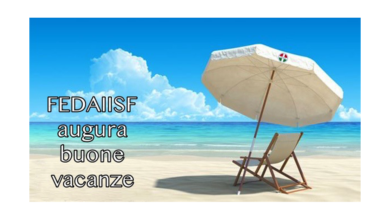
Television short films with famous characters and other modalities under consideration by the administrative judge. Articles 116 and 217 of Legislative Decree no. 219
A company operating in the marketing sector of products for the care and hygiene of the oral cavity has challenged certain rulings relating to advertising initiatives connected to two medical devices (toothpaste and mouthwash) before the Lazio Regional Administrative Court. The Administrative Court called to decide the controversial issues of legitimacy of the refusal measures adopted by the Ministry of Health, in two different rulings filed last August, has outlined some interesting profiles. In the delicate field of advertising of medicines, the consumer protection requirements, which - as observed by the Tar - according to the Ministry's thesis required that the intended use of the product be indicated in the advertising message, could well be satisfied by the wording that it was an "EEC" medical device, from the name of the device, its type and the clear and explicit invitation to carefully read the warnings and instructions for use. These elements could actually be found in the proposed advertising message. Basically, as stated by the appellant company, once the product has been identified as a medical device, only reading the package leaflet and the referenced instructions for use would have made it possible to have objective and complete information on the intended use and properties of the product , so it follows that the provision in the advertising message of an independent and necessarily more synthetic indication of the intended use beyond that which by law must be indicated in the leaflet turns out to be unjustified and certainly not necessary for the purpose of protecting the needs of consumers connected to the correct use of the medical devices in question. In this regard it was found that:
I) Article 116 of the Legislative Decree no. 219 of 2006 in providing for the characteristics and minimum content of advertising to the public for medicinal products, it establishes that the advertising message must include at least:
a) the name of the medicinal product (in the specific case of a medical device);
b) the information essential for the correct use of the medicinal product (medical device);
c) an explicit and clear invitation and read the warnings contained in the leaflet;
II) the advertising message proposed by the appellant company complies with the aforementioned provision as it contains all the minimum essential elements envisaged by the same.
On August 12, 2014 - a few days before the provision we have just mentioned - another sentence was filed with which the same Administrative Court had the opportunity to evaluate the legitimacy of the refusal of the authorization to carry out healthcare advertising through a short television film in which, in the first image, a character widely known to the public was framed. Article 117 of Legislative Decree no. 219 of 2006, in prohibiting an advertising message containing the recommendation of a person widely known to the public presupposes an active role of the character which takes the form of a product accreditation function and the consequent invitation to buy it. This role, as happened in the specific case, cannot be identified in the mere presence of the famous person in the advertising message in the absence of any manifestation of preference, even if implicit, for the use of the medical device. From this follows the illegitimacy of the disputed refusal.
[Adv. Rodolfo Pacifico – www.dirittosanitario.net]




